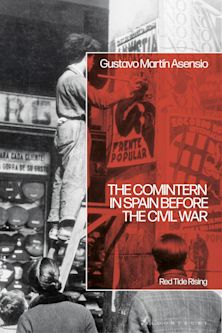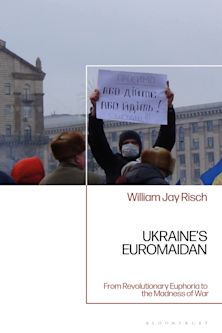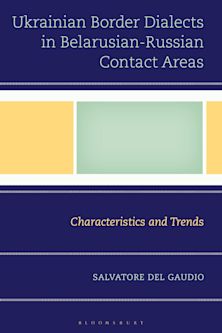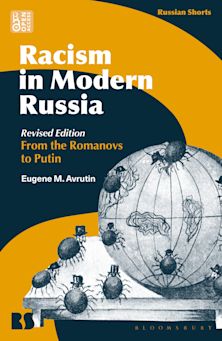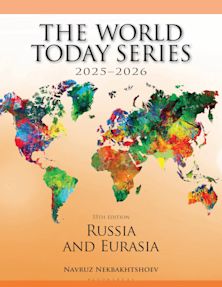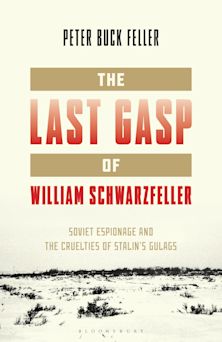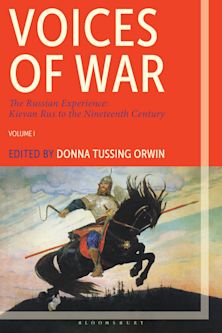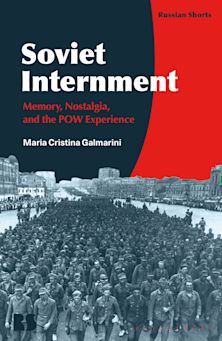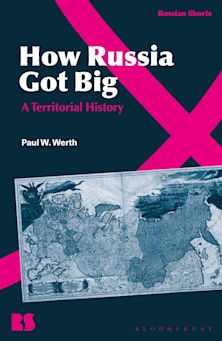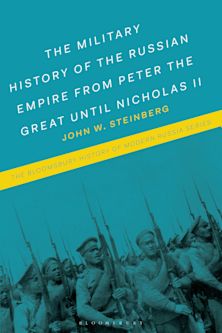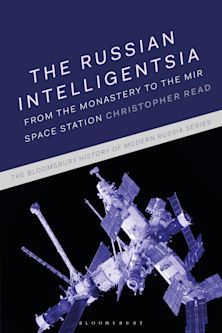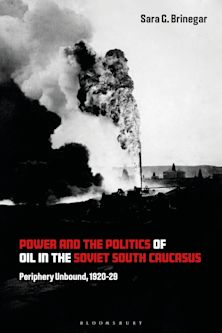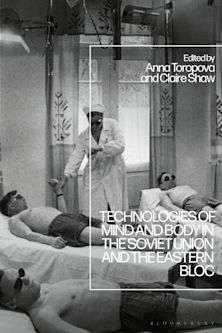Revisiting Russian Radicals
This product is usually dispatched within 1 week
- Delivery and returns info
-
Free US delivery on orders $35 or over
Description
Revisiting Russian Radicals is a collection of ten articles that seeks to promote a revisitation of the Russian Radicals who have been somewhat unjustly forgotten in the aftermath of the fall of the Soviet Union. Rather than viewing the radicals through the lens of the 1917 October Revolution, the authors seek to analyze them on their own terms and explore new aspects of their legacy. The chapters provide a fresh look at some well-known radicals like Chernyshevsky, Dobrolyubov, and Pisarev as well as examinations of lesser-known figures, and offer an interdisciplinary approach to their investigations, combining historical and literary analysis. A lengthy introduction is included for those who are non-Slavists, and for the newer generation of Slavists who may not be as familiar with these figures.
Table of Contents
Introduction: Russian Radicals Revisited Andrew M. Drozd
Chapter 1: Nikolai Dobrolyubov’s Social and Political Theory Revisited Alexey Vdovin
Chapter 2: Rakhmetov and Reading in Chernyshevsky’s What Is to Be Done? Andrew M. Drozd
Chapter 3: New People as Others: Race and Empire in Nikolai Chernyshevsky’s What Is to Be Done? Valeria Sobol
Chapter 4: Who Can Claim the “Heritage of Serfdom?”: On the Racial Representation of Radical Heroes in Russian Literature of the 1860s–1870s Lindsay Ceballos
Chapter 5: Dmitry Pisarev: Nihilism, Darwinism, and Man’s Place in Nature Brendan G. Mooney
Chapter 6: The History of a Plot: Nikolai Uspensky and the Representation of the Narod in Russian Fiction Kirill Zubkov
Chapter 7: “The Expansion of Western Civilization”: Aleksandr Pypin on Pan-Slavism and Czech Nationalism Anastasia Williams
Chapter 8: The Napoleonic Myth in Saltykov-Shchedrin’s The History of a Town and The Pompadours Charles L. Byrd
Chapter 9: Peacocks and Crows: The Populist Discourse on Progress and Individual Happiness in the Works of Ivan Kushchevsky and Andrei Osipovich-Novodvorsky Victoria Thorstensson
Chapter 10: Reconstructing the Radical Mind: Bakunin’s Texts and Their Anarchist Legacy James Goodwin
About the Contributors
Product details
| Published | Dec 13 2024 |
|---|---|
| Format | Hardback |
| Edition | 1st |
| Extent | 354 |
| ISBN | 9781666944785 |
| Imprint | Lexington Books |
| Dimensions | 9 x 6 inches |
| Publisher | Bloomsbury Publishing |
Reviews

ONLINE RESOURCES
Bloomsbury Collections
This book is available on Bloomsbury Collections where your library has access.













